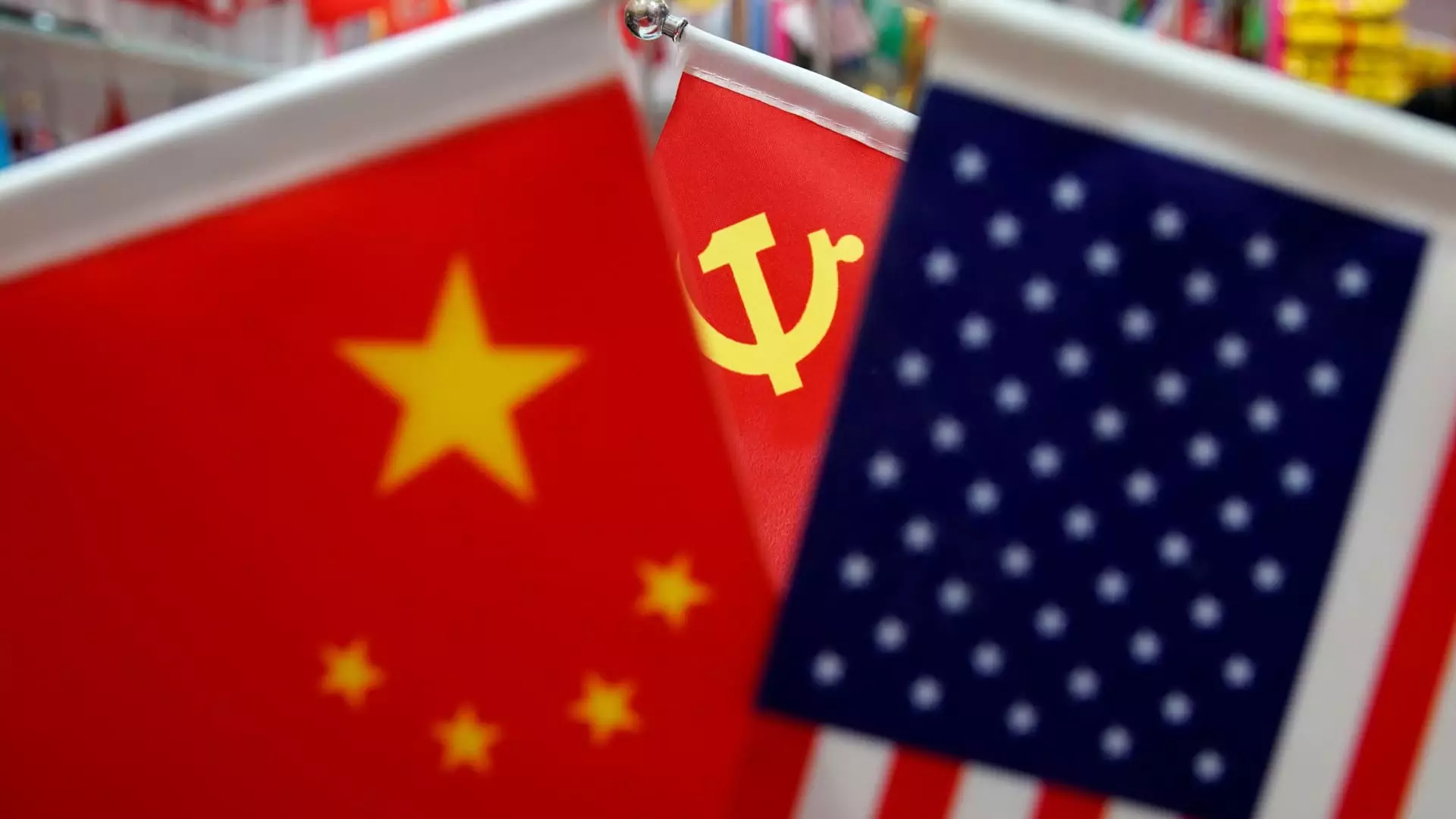In the wake of Donald Trump’s anticipated presidency, China has signaled a strong desire for increased cooperation with the United States, despite the looming uncertainty surrounding trade policies. The Chinese government, through its Commerce Ministry, has voiced its commitment to fostering constructive dialogue and partnership built on principles of mutual respect and shared benefit. This article delves into the implications of China’s call for cooperation and the complex dynamics that define U.S.-China economic relations.
Following the electoral victory of Donald Trump, the Chinese Ministry of Commerce communicated a clear message: China seeks a collaborative approach to address any economic disparities. He Yongqian, the ministry’s spokesperson, emphasized the importance of communication to expand cooperation and resolve existing differences. This open-handedness signifies China’s strategic attempt to soften the blow of potential trade barriers while enhancing its role as a major global player reliant on stable international relationships.
President Xi Jinping’s acknowledgment of the benefits stemming from bilateral cooperation further underlines this sentiment. By reaching out with a commendatory message to Trump, Xi reaffirmed China’s objective of maintaining a robust economic partnership that could yield positive outcomes for both nations. This cordial relationship is seen as essential not just for the countries involved, but for global economic stability.
Amidst these overtures of goodwill, however, economic forecasts indicate a turbulent road ahead. Analysts project the imposition of additional tariffs on Chinese goods during Trump’s upcoming term, with some expecting action as early as the first half of the year. Economists speculate that Trump might leverage existing legislative frameworks like the International Emergency Economic Powers Act to expedite the implementation of these tariffs.
Contrarily, some experts emphasize that while Trump’s proposals convey a tough stance, they may not translate into severe punitive measures. David Chao from Invesco observes that Trump’s tariff threats could serve more as negotiation leverage rather than genuine policy shifts aimed at crippling China’s economy. This analysis suggests that the landscape is not as dire as it appears, and there remains room for constructive dialogue amid economic threats.
The implications of this evolving situation extend beyond U.S.-China relations to impact the global economy at large. Tariffs not only disrupt trade dynamics between the two countries but could also hamper global growth. A potential 10% tariff on all Chinese exports to the U.S., for instance, could reverberate through international markets, ultimately affecting consumer prices and demand in Asia and beyond.
As both nations navigate this turbulent economic environment, it becomes increasingly crucial for them to seek pathways towards mutual understanding and cooperation. The stakes are high, and the need for a balanced approach to trade relations is more urgent than ever. Both China and the U.S. have the opportunity to redefine their engagement in ways that not only benefit their economies but also contribute to a more stable and predictable global marketplace.
China’s recent calls for cooperation amid the turbulence of U.S. trade policies symbolize a broader ambition to maintain economic ties and promote stability in uncertain times. While tensions exist and potential tariffs loom on the horizon, both parties may find it in their best interest to seek collaborative solutions that avoid escalation and foster growth. As the world watches, the dynamics between the U.S. and China will undoubtedly shape the global economic landscape for years to come.

Leave a Reply